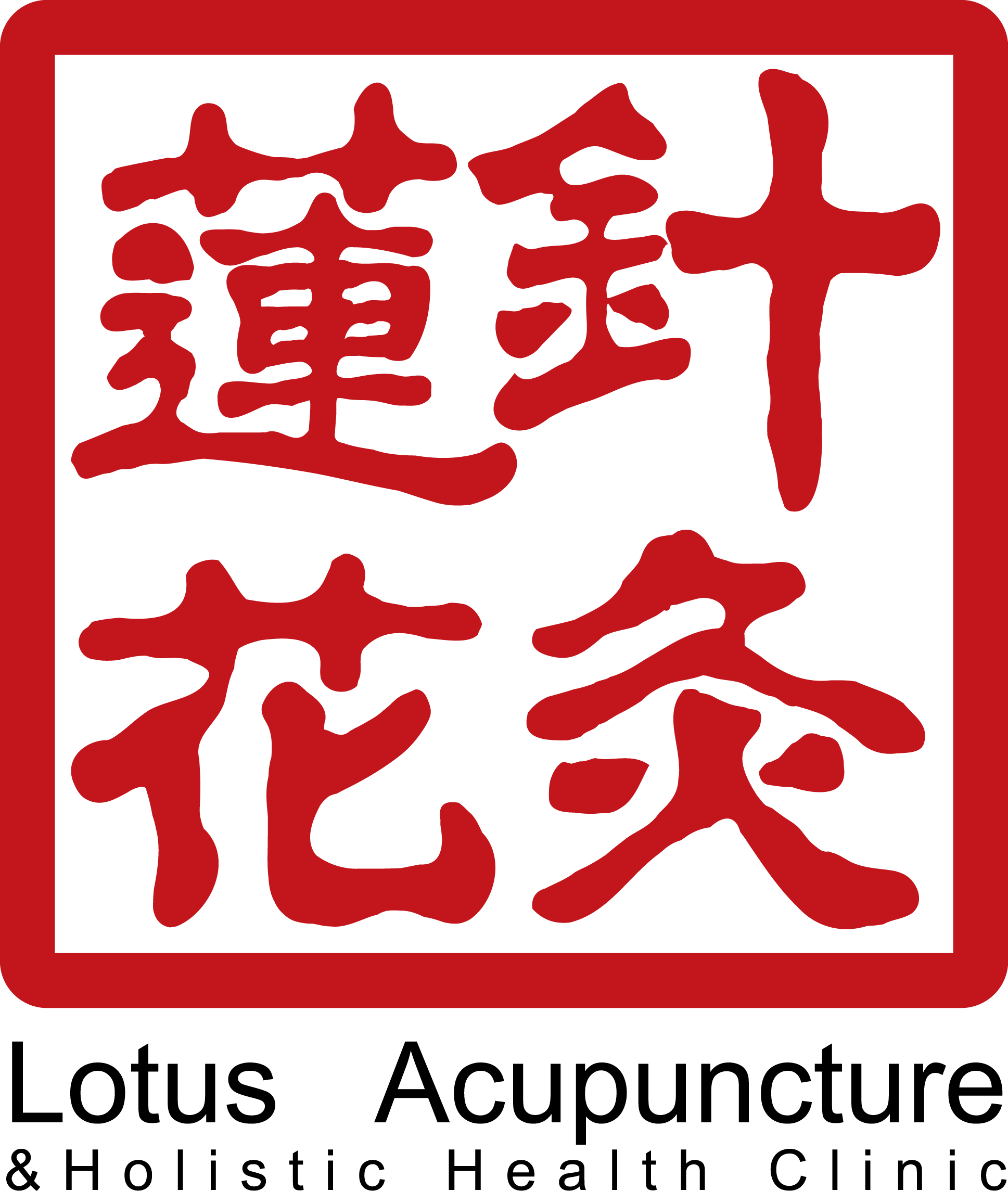Office Hours
Mon/Lunes9:00am - 5:00pmTue/Martes9:00am - 5:00pmWed/Miércoles9:00am - 5:00pmThu/Jueves9:00am - 4:00pmFri/Viernes9:00am - 1:00pmHours may vary due to major holidays and/ or weather.
- Testimonials
We tried to get pregnant for two years and we were unsuccessful. I came for acupuncture and was able to get pregnant. Now we have a beautiful little boy.
-J.L June 2015
Before coming to Lotus Acupuncture & Holistic Health Clinic, I had daily nose bleeds (Oslo -Weber), hoarseness of the voice, and a clogged nose. I felt that I had to accept how my health was, it is what it is and that I had to just deal with it.
I noticed that after the 1st week, I had minor improvements, like less hoarseness and clogging. After 4 weeks of treatment, I had fewer nosebleeds- it had reduced from 3 to
... Read more »Before I came to Lotus Acupuncture & Holistic Health Clinic, I was struggling with digestive disorders and also kidney problems (I had an urgent need to urinate).
I felt unsure and bit confused with my health, but after 8 weeks of seeing Jayne Dabu I noticed that I had no more digestive problems or the urgent need to urinate. I feel great about my results and improvements.
I highly recommend Jayne Dabu because she is very kind, knowledgeable about health
... Read more »Before seeking treatment at Lotus Acupuncture, I felt sluggish, anxiety, had intestinal problems.
I have done both acupuncture and Nutritional Response Testing (NRT). My immune system is stronger, diet on track; which has stabilized my intestinal tract, digestion and alleviated bloating + GERD symptoms. Sleeping has improved and outlook on overall health has improved.
Everyone at Lotus Acupuncture is great- my experience has been more than I could have imagined. My health is much improved both physically and mentally.
-C.Z
... Read more »Before seeking treatment at Lotus Acupuncture, I felt out of sorts and irritated at the amount of acne I still had at 22 years old.
After several weeks of treatment, I feel great! My face gets better and more improved each week. I feel using Acupuncture and Manual Lymphatic Drainage, improved the results of using Nutritional Response Testing. Also writing out the food journals helped me pin point foods that were irritating my body.
–A. R. April 2014
Stress
5 Acupoints to Help You Navigate Your Stress This Winter

There are several acupressure points that are known to treat stress and stress related symptoms. It’s important to understand that acupressure is not the only form of treatment and having a balanced diet, exercise regime and lifestyle will also decrease the chances of stress being a factor in your life. continue reading
3 AcuPoints for Anxiety

One of the most wonderful things about being an acupuncturist is the ability to stimulate points on my own body when I need to. If I get a headache, or feel a cold coming on, I can always hop up on my table for a quick tune-up with some needles. Even when I’m not at the office, the magic of acupuncture can still work for me – as long as I know where the points are and what they do, I can press on them and get results. continue reading
Seven Ways to Set and Achieve Your Goals

No matter what you’re trying to accomplish, setting goals is one way to help you get there. Often, when people have no goals, they lack motivation, focus and direction. Setting goals also provides a benchmark to determine whether or not you are succeeding. But how do you set goals if you’ve never done so before? Or what if you have set goals in the past, but you didn’t achieve them? Do you just give up and tell yourself that goal setting doesn’t work? That’s one option, but let’s put things into perspective. continue reading
Herbal Tonics to Reduce Stress
 Stress is something that affects everybody. Stress is defined as a state of mental or emotional tension or strain resulting from demanding or adverse circumstances. This can result in a multitude of symptoms, including headaches, muscle tension, pain, insomnia, worry, anxiety, depression and even disease. And according to a recent survey, nearly 77 percent of all Americans regularly experience physical or psychological symptoms caused by stress (American Institute of Stress, May 2017). continue reading
Stress is something that affects everybody. Stress is defined as a state of mental or emotional tension or strain resulting from demanding or adverse circumstances. This can result in a multitude of symptoms, including headaches, muscle tension, pain, insomnia, worry, anxiety, depression and even disease. And according to a recent survey, nearly 77 percent of all Americans regularly experience physical or psychological symptoms caused by stress (American Institute of Stress, May 2017). continue reading
Five Reasons Acupuncture Helps Reduce Stress
 Stress is a word many people are familiar with. The dictionary defines stress in multiple ways, but there is only one that matters when we discuss how stress affects our physical bodies. The definition is this, “stress is a physical, chemical or emotional factor that causes bodily or mental tension.” And while most people think of stress as being detrimental, it truly does have a function in our bodies. Stress is the body’s way of signaling for help or a break in the routine. If we don’t listen to these signals, we can develop imbalances in our bodies, which can then lead to illnesses. continue reading
Stress is a word many people are familiar with. The dictionary defines stress in multiple ways, but there is only one that matters when we discuss how stress affects our physical bodies. The definition is this, “stress is a physical, chemical or emotional factor that causes bodily or mental tension.” And while most people think of stress as being detrimental, it truly does have a function in our bodies. Stress is the body’s way of signaling for help or a break in the routine. If we don’t listen to these signals, we can develop imbalances in our bodies, which can then lead to illnesses. continue reading




